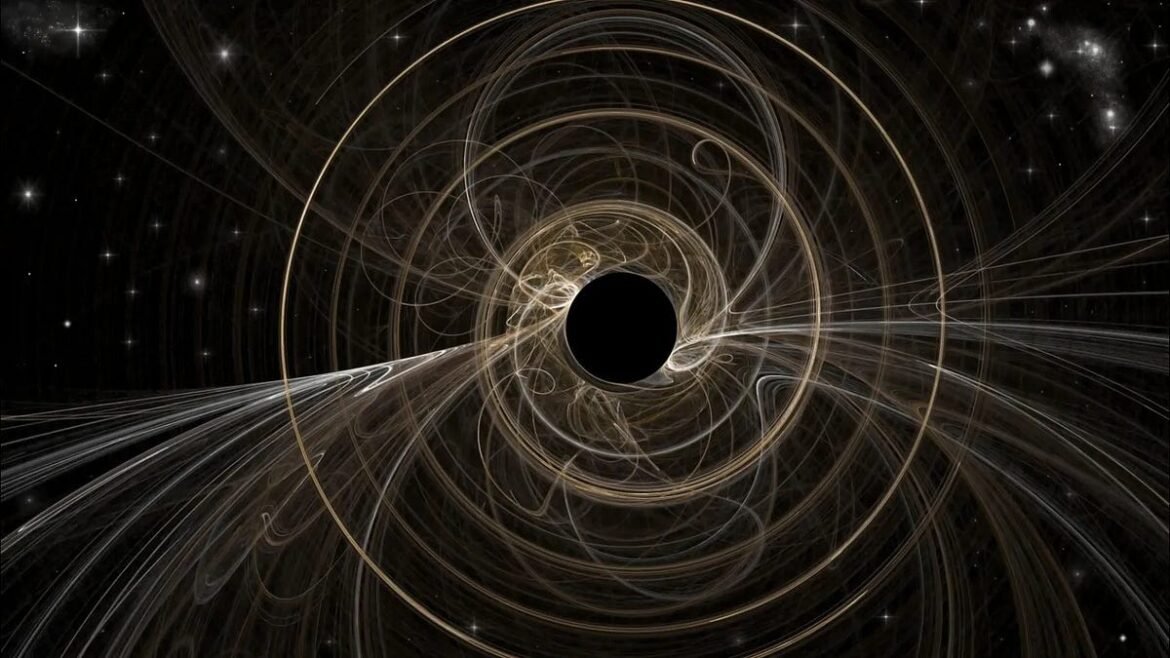All of the matter that we measure today originated in the hot Big Bang. But even before that, and far into the future, it’ll never be empty.
When it comes to the physical Universe, the notion of “nothing” may truly be possible only in theory, not in practice. As we see the Universe today, it appears full of stuff: matter, radiation, antimatter, neutrinos, and even dark matter and dark energy, despite the fact that we don’t truly know the ultimate, fundamental nature of the latter two. Yet even if you took away every single quantum of energy, somehow removing it from the Universe entirely, you wouldn’t be left with an empty Universe. No matter how much you take out of it, the Universe will always generate new forms of energy.
How is this possible? It’s like the Universe itself doesn’t understand our idea of “nothing” at all; if we were to remove all the quanta of energy from our Universe, leaving behind only empty space, we would immediately expect that the Universe would be at absolute zero: with no energetic particles anywhere to be found. Yet that’s not the case at all. No matter how “empty” we artificially make the expanding Universe, the fact that it’s expanding would still spontaneously and unavoidably generate radiation. Even…

